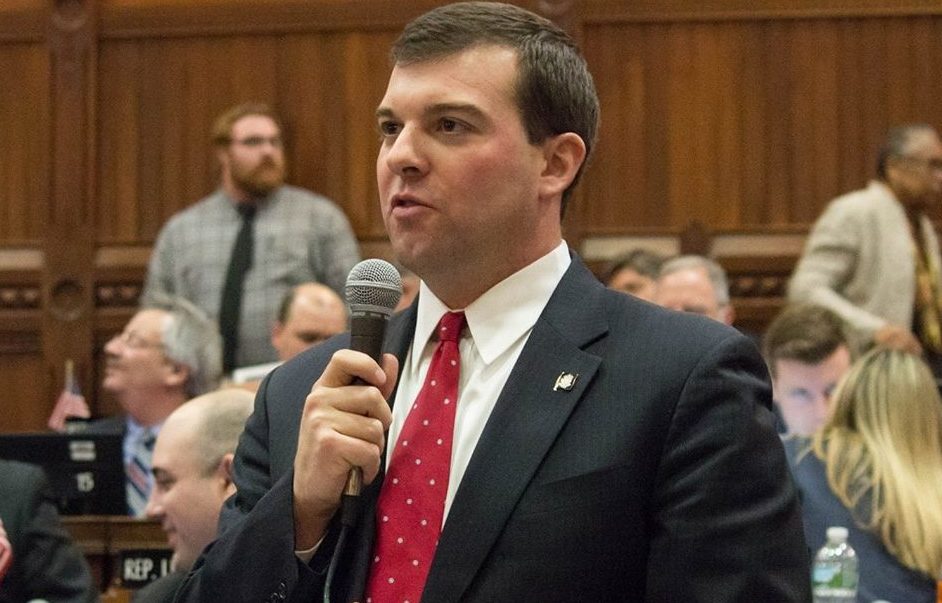
From State Rep. Steve Stafstrom:
State Representative Steve Stafstrom (D – Bridgeport), House Chair of the Connecticut General Assembly’s Judiciary Committee, applauds Governor Ned Lamont’s signing of groundbreaking “clean slate” legislation into law on Thursday. The bill establishes a legal process to automatically erase certain criminal convictions, enabling hundreds of thousands of residents to move on from incarceration and improve their quality of life.
“Connecticut is continuing its leading role in smart, data-based criminal justice reform. Our state’s position of being smart on crime has allowed our communities to be safer and save significant taxpayer dollars. This bill enables folks to get back on their feet and improves outcomes,” said Rep. Stafstrom, who championed the bill through the legislative session. “This is more than a criminal justice bill–this is an economic recovery bill that will help tens of thousands of Connecticut residents obtain jobs and housing.”
While hundreds of thousands of Connecticut residents are eligible to have certain convictions erased from their records under the current pardon process, only a handful will see their records expunged due to challenges navigating a complicated process and inability to find and afford legal representation.
The bill addresses these challenges by automatically erasing certain misdemeanors and felonies occurring on or after January 1, 2000 after a period of time. Some misdemeanors would be erased seven years after the most recent conviction. Certain felonies would be erased after 10 years. The expungement process would not apply to class A, B, C, or certain other felonies, family violence crimes, and those requiring registry as a sex offender, assault of a pregnant individual, elderly person, or individual with intellectual disabilities, sexual assaults involving minors, and crimes committed with firearms.
The proposal also establishes a process to erase certain juvenile misdemeanor convictions committed before July 1, 2012.
The clean slate legislation has significant social and economic implications and would protect formerly incarcerated individuals from discrimination, enabling them to secure stable housing and higher wages. Formerly incarcerated men earn about 40 percent less than those who have not been incarcerated, representing an average loss of $179,000 in wages by age 50. A University of Michigan study found that people are 11 percent more likely to become employed and will earn 22 percent higher wages just one year after a record conviction has been cleared. Additionally, it will help make communities safer. Data shows that only a small percentage of those once incarcerated will reoffend.
The clean slate bill could also strengthen the state economy. A 2016 economic impact study found that Connecticut is estimated to lose about $1 billion annually because of post-incarceration underemployment. A 2009 study conducted by researchers from Villanova University found that the U.S. poverty rate could have dropped 20 percent between 1980 and 2004 if not for mass incarceration and the consequences of having a criminal record.


Great Job Steve Stafstrom, outstanding!
Great job Steve!
*** Its a bit of lite at the end of the minor criminal record “tunnel” for many Ct. residents looking to get on with their lives like a normal citizen without the D.O.J. collar around their necks? *** GOOD JOB! ***
Good job Steve. Now let’s see how it works in the real world. Let’s make sure the individuals are notified immediately so that they are aware of this. Let’s also see in reality if employers can guess by a spotty work history without asking they simply use that as a reason.
State Rep. Steve Stafstrom, great job, this is well overdue, thank you.